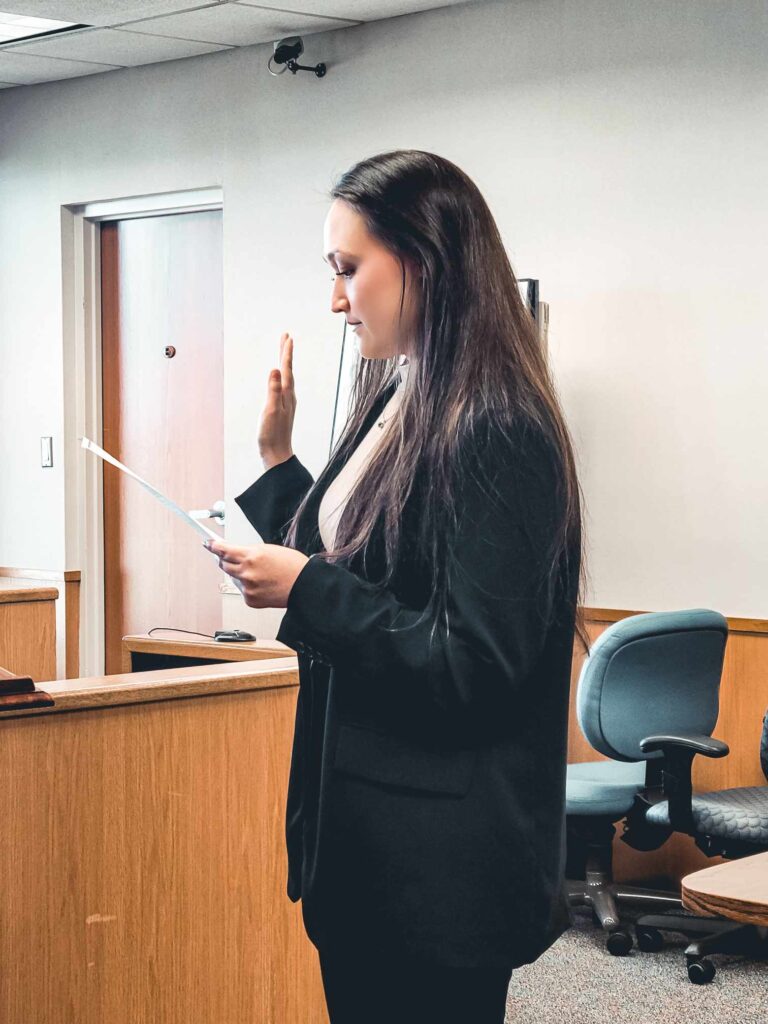

Estate planning is crucial to securing the future and protecting the assets of your loved ones In recent times the proliferation of 8220 do it yourself 8221 DIY will kits and online services have offered seemingly convenient and cost effective ways to create a will However while these DIY options appear accessible they often harbor significant risks and limitations that hellip

In consulting with prospective clients regarding a family law case including a dissolution of marriage case one question that is often asked by the person is if they need to file or disclose to the Court in the case their financial information Understandably many people are hesitant or reluctant to place with the Court file hellip






